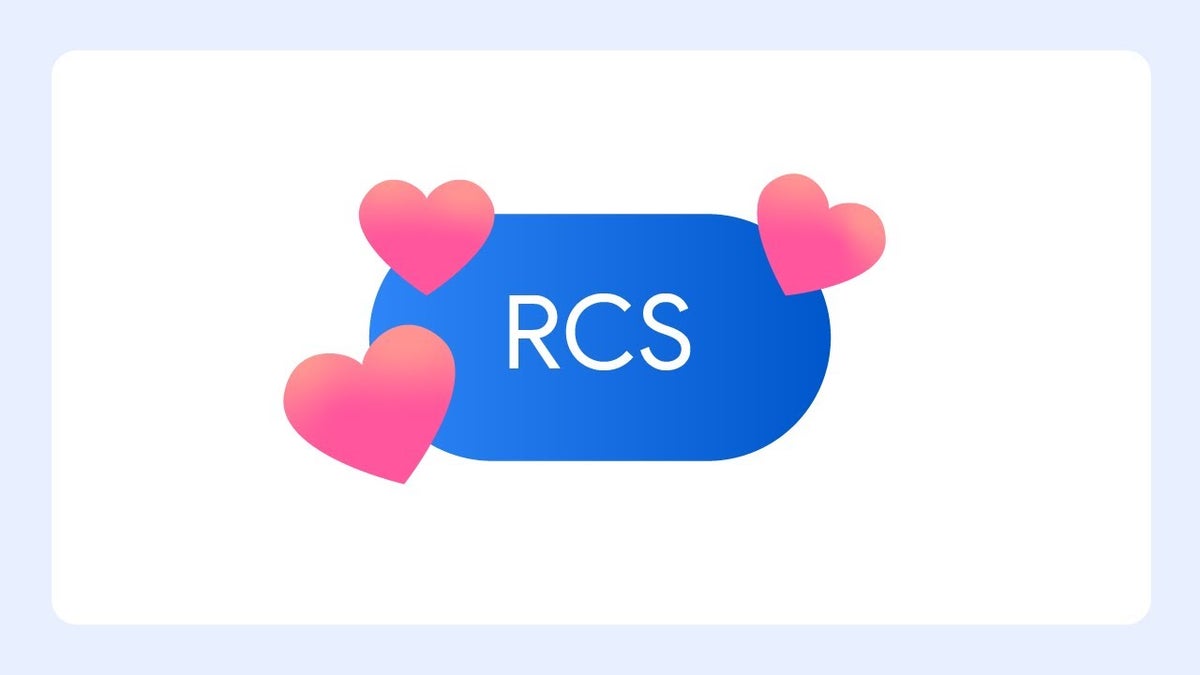The messaging experience on Android is about to improve again. The GSMA has officially announced Universal Profile 3.1, the latest version of the technical standard that powers RCS (Rich Communication Services). The update introduces a few new capabilities that will roll out gradually across apps and carriers that support the platform, including Google Messages (and hopefully Apple Messages at some point as well).The headline feature in Universal Profile 3.1 is the addition of the xHE-AAC audio codec, which supports better sound quality in shared audio content. This means voice messages, background sound clips, and other audio-based features sent through RCS will now have clearer and more natural playback. According to the GSMA, this enhancement benefits both speech and non-speech use cases, including AI chatbot interactions that rely on voice.The xHE-AAC codec is designed for efficient audio compression and decompression, which allows for improved quality without significantly increasing file size. It should also help ensure more consistent playback across different devices and network conditions. While it may take some time for apps and carriers to implement this update, it marks a noticeable upgrade in how Android users communicate via voice.
Beyond audio improvements, Universal Profile 3.1 also introduces technical changes aimed at streamlining how RCS connects to mobile networks. Specifically, the GSMA outlines “new mechanisms for connecting RCS clients to operator services,” which should lead to a more reliable and seamless onboarding experience for users setting up RCS for the first time. However, the details of how this works behind the scenes haven’t been shared in full yet.
There are also a few smaller upgrades included in the update. These include better spam protection, more secure file transfers, and support for using deep links to start conversations from other apps or websites. All of these are expected to roll out in future versions of apps like Google Messages as they adopt the 3.1 standard.
We’ve been following the evolution of RCS closely, especially as it plays a larger role in Android’s messaging ecosystem. With this update, the standard becomes even more competitive against services like iMessage and WhatsApp, particularly when it comes to voice communication. While RCS still depends on carrier and device support, updates like Universal Profile 3.1 show that it’s steadily evolving into a richer, more capable messaging platform.
Read the latest from Johanna Romero









